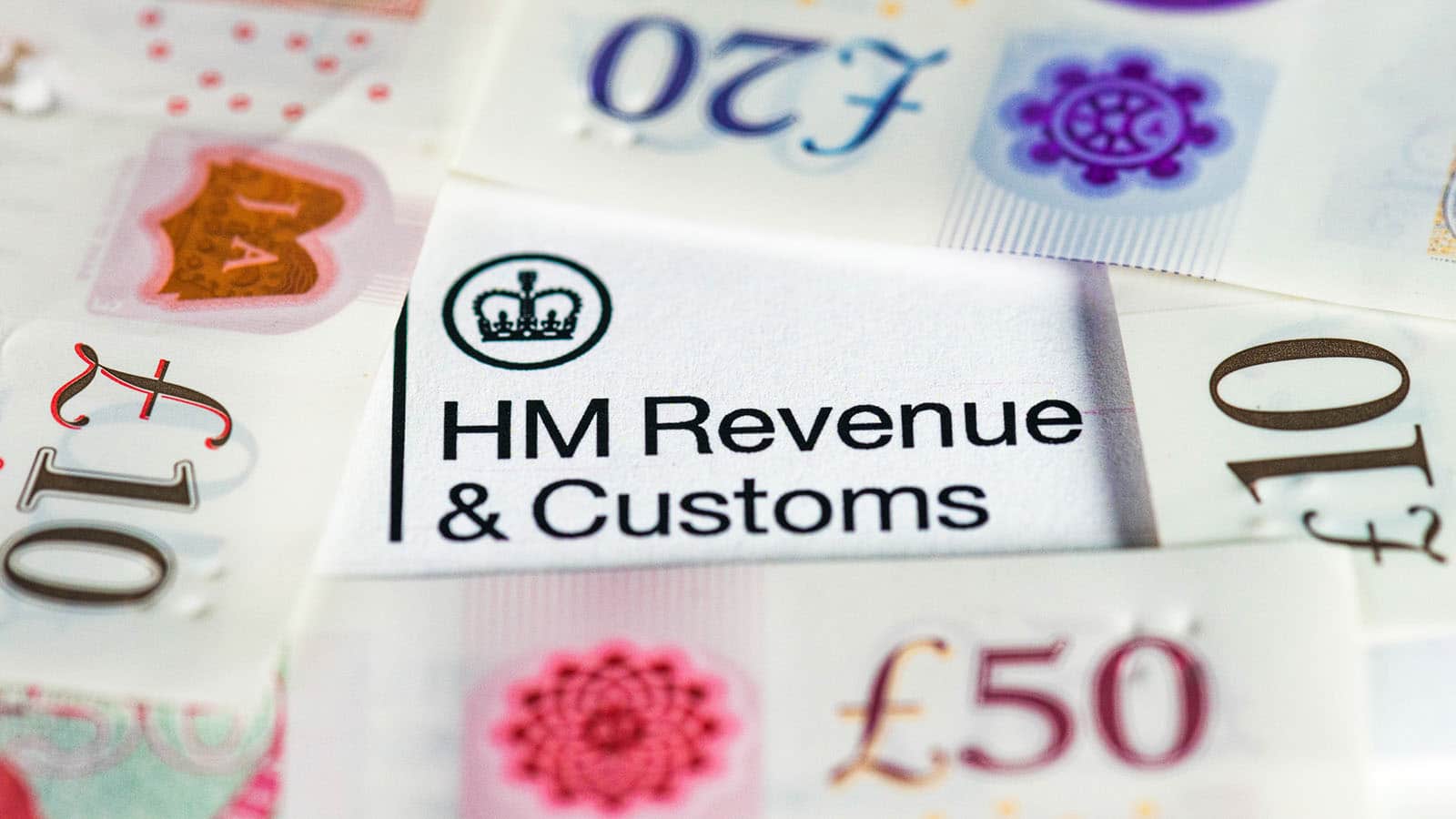LiveMint: 120 Indians have tipped off US SEC

New Delhi: One hundred and twenty Indians have given whistleblower tips to the Whistleblower Office of the US Securities and Exchange Commission (SEC) since the setting up of the office in 2011, the office’s annual report said.
According to the 2014 annual report to the US Congress on the Dodd-Frank Whistleblower Program, the SEC claims to have received 69 whistleblower tips from India in 2014 alone.
These tips are given under laws that provide for rewards for whistleblowers in case their tip results in recovery of money. “Individuals who provide information that leads to successful SEC actions resulting in monetary judgements over $1,000,000 also may be eligible to receive an award if the same information led to a related action, such as a parallel criminal prosecution,” the report said.
This programme is “designed, in part, to provide a monetary incentive to corporate insiders and others with relevant information concerning potential securities violations to report their information to the commission”, it added.
Independently, a report released by the National Whistleblower Center, a Washington DC-based independent non-profit, claims that laws that reward whistleblowers can play a significant role in tackling corruption.
The report titled The Importance of Whistleblower Rewards in Combating International Corruption endorses whistleblower reward laws and calls on governments around the world to enact whistleblower laws and to model them on the laws in the US.
India’s own Whistleblower Protection Act, 2011, finally came into effect in May.
A primary feature of the Indian law that distinguishes it from the US regime is the fact that it limits whistleblower protection to disclosures relating to the government sector.
As a result, it is uncommon to find whistleblowers such as Dinesh Thakur, a Ranbaxy employee who played a significant role in investigations against Ranbaxy Laboratories Ltd’s potentially dangerous manufacturing practices, for which the firm agreed to pay a fine of $500 million to settle charges against it in the US.
The Indian law aims to protect whistleblowers, who it defines as persons making a public interest disclosure related to an act of corruption, misuse of power, or criminal offence by a public servant. Therefore, by its very definition, the scope is restricted to the government sector and persons who disclose similar information about the activities of private companies are not given the protection of this law.
“The whistleblower protection law has two aspects. One, it facilitates whistleblowing by employees of an organization where such wrongdoing has happened. The second is when ordinary citizens are permitted to make such complaints. India is the only country in the world where ordinary citizens and non-government organizations are considered whistleblowers,” said Venkatesh Nayak, coordinator, Access to Information Programme, Commonwealth Human Rights Initiative.
“The Indian Parliament has passed the law, but the rules have not yet been framed. The law itself is not very effective since it does not cover the private sector. The problem in India is that the whistleblower’s identity will be revealed and so the law discourages whistleblowing in India. There are financial implications of whistleblowing and that is why financial rewards are needed,” said Ashutosh Mishra, executive director, Transparency International India.
“There was a big debate on the issue of whether rewards should be made part of the law, when the Bill was considered in Parliament. In Ghana, they have a whistleblower law which says that a certain percentage of the proceeds recovered will be given to the whistleblower. However, this was not accepted in India because you cannot blow the whistle on wrongdoing in the expectation of a reward. This could lead to a lot of frivolous complaints,” said Nayak.




